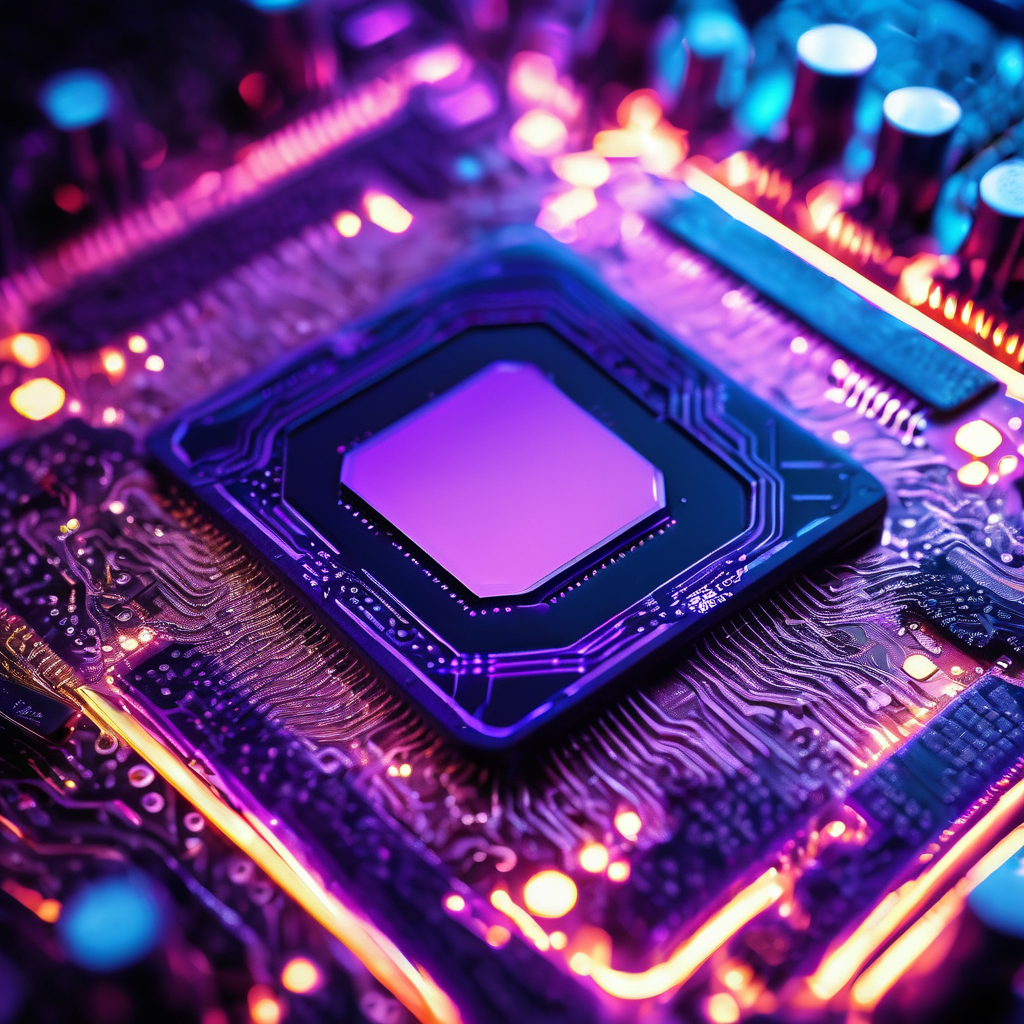
The recent contract between OpenAI and AMD underscores the crucial role of advanced hardware in supporting the rapid global growth of artificial intelligence. With ChatGPT alone handling billions of interactions weekly, the demand for computational power has reached unprecedented heights. This surge emphasizes the necessity for ongoing advancements and scalability in hardware to sustain and improve AI performance. The OpenAI-AMD collaboration is a strategic effort to secure a dependable and scalable supply of cutting-edge processors, addressing supply-chain disruptions that have challenged the AI industry over the past two years. These disruptions have led to fluctuations and uncertainty in hardware availability, potentially hindering AI development and deployment progress. By obtaining exclusive access to AMD’s technology, OpenAI aims to reduce these risks, ensuring it can meet escalating computational requirements with improved stability and efficiency. This partnership not only strengthens OpenAI’s operational resilience but also provides significant control over hardware procurement and supply strategies. Market analysts observe that the deal’s implications could be far-reaching, possibly reshaping the GPU manufacturing landscape. Currently, Nvidia dominates with around 80 percent market share in GPUs, thanks to its long-standing innovations and reputation in AI processing. However, the exclusivity of the OpenAI-AMD agreement could disrupt this dominance by introducing a robust competitor capable of fulfilling high-volume demands with competitive performance and cost-effectiveness.
Experts anticipate intensified competition by 2026 as AMD uses this partnership to accelerate product development and innovation. This emerging rivalry is likely to usher in a new wave of GPU advancements, benefiting the AI ecosystem via enhanced hardware capabilities, faster processing, and potentially reduced costs for developers and users. Increased competition typically drives swift innovation, accelerating AI research and applications across various fields. Moreover, this development reflects a broader trend where strategic alliances between software creators and hardware manufacturers become essential for sustaining growth and innovation. Such collaborations enable aligned development efforts, optimize performance, and mitigate vulnerabilities stemming from a volatile technology supply environment. OpenAI’s partnership with AMD illustrates how integrating hardware strategy into AI development is increasingly vital. As AI models grow more complex and data-heavy, the demand for robust, scalable, and efficient hardware solutions will rise, elevating hardware providers as key players in the AI revolution. In summary, the OpenAI-AMD agreement is more than a business deal; it marks a significant milestone emphasizing hardware's essential role in AI’s future. It highlights the importance of stable supply chains, propels competitive GPU market innovation, and sets the stage for transformative advances in AI technology over the coming years. This partnership has the potential to redefine market dynamics and spark a new chapter in the integration of AI hardware and software.
OpenAI and AMD Partnership: Driving Innovation and Competition in AI Hardware

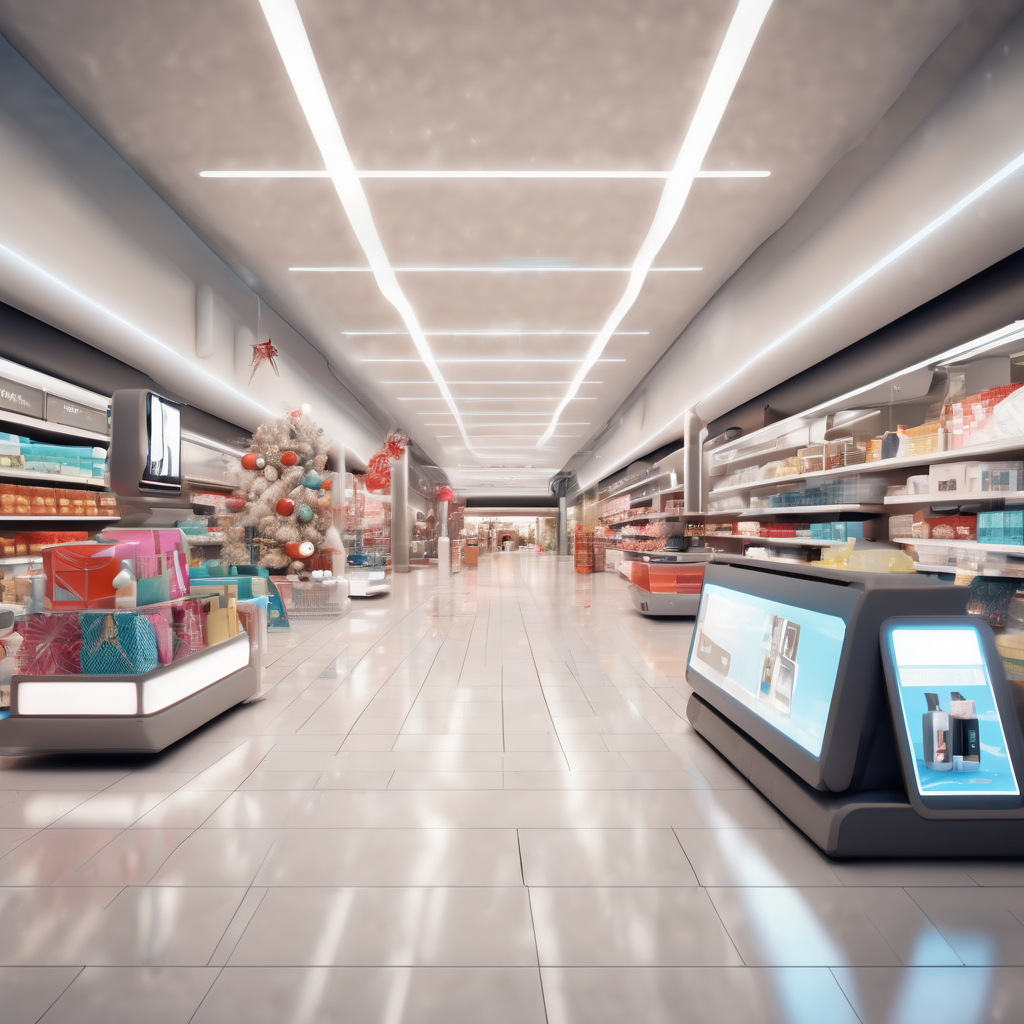
As the holiday shopping season nears, small businesses prepare for a potentially transformative period, guided by key trends from Shopify’s 2025 Global Holiday Retail Report that could shape their year-end sales success.
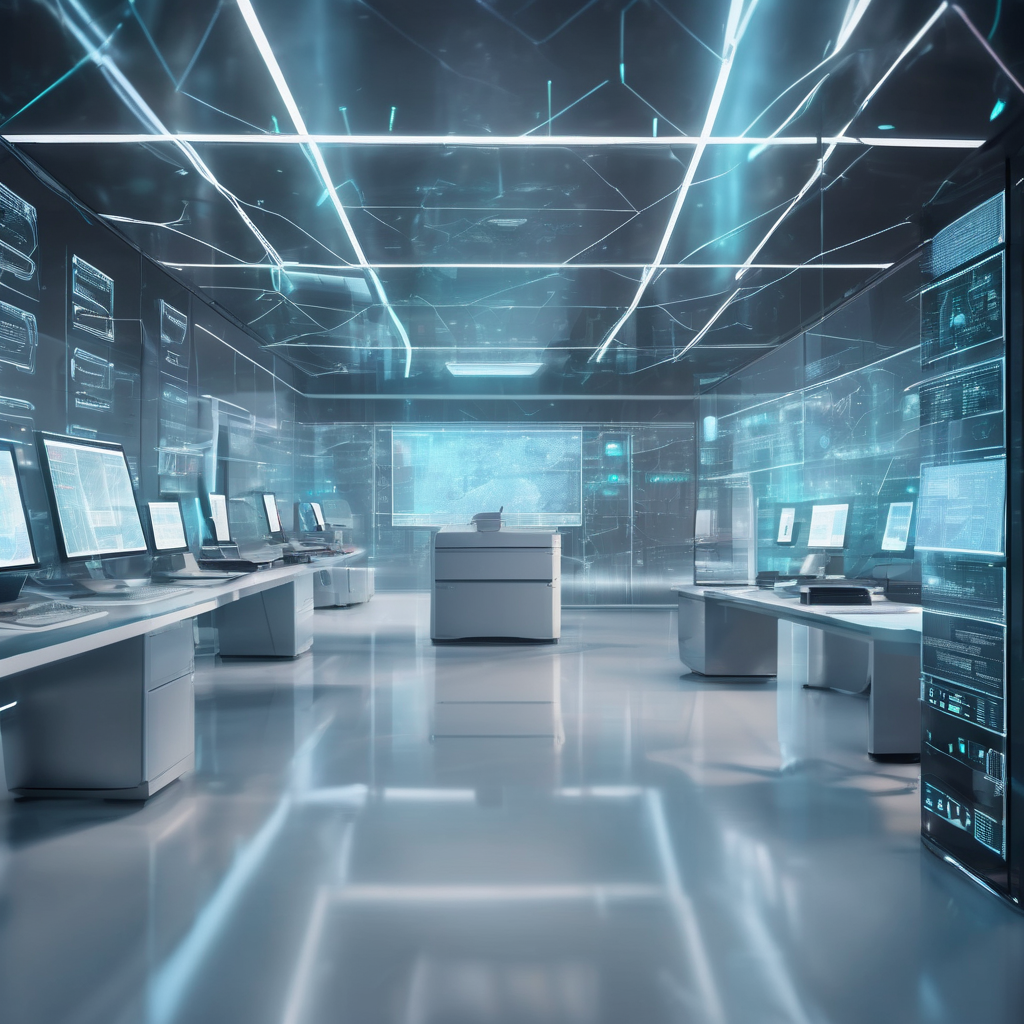
Meta’s Artificial Intelligence Research Lab has made a notable advancement in fostering transparency and collaboration within AI development by launching an open-source language model.

As artificial intelligence (AI) increasingly integrates into search engine optimization (SEO), it brings significant ethical considerations that must not be overlooked.
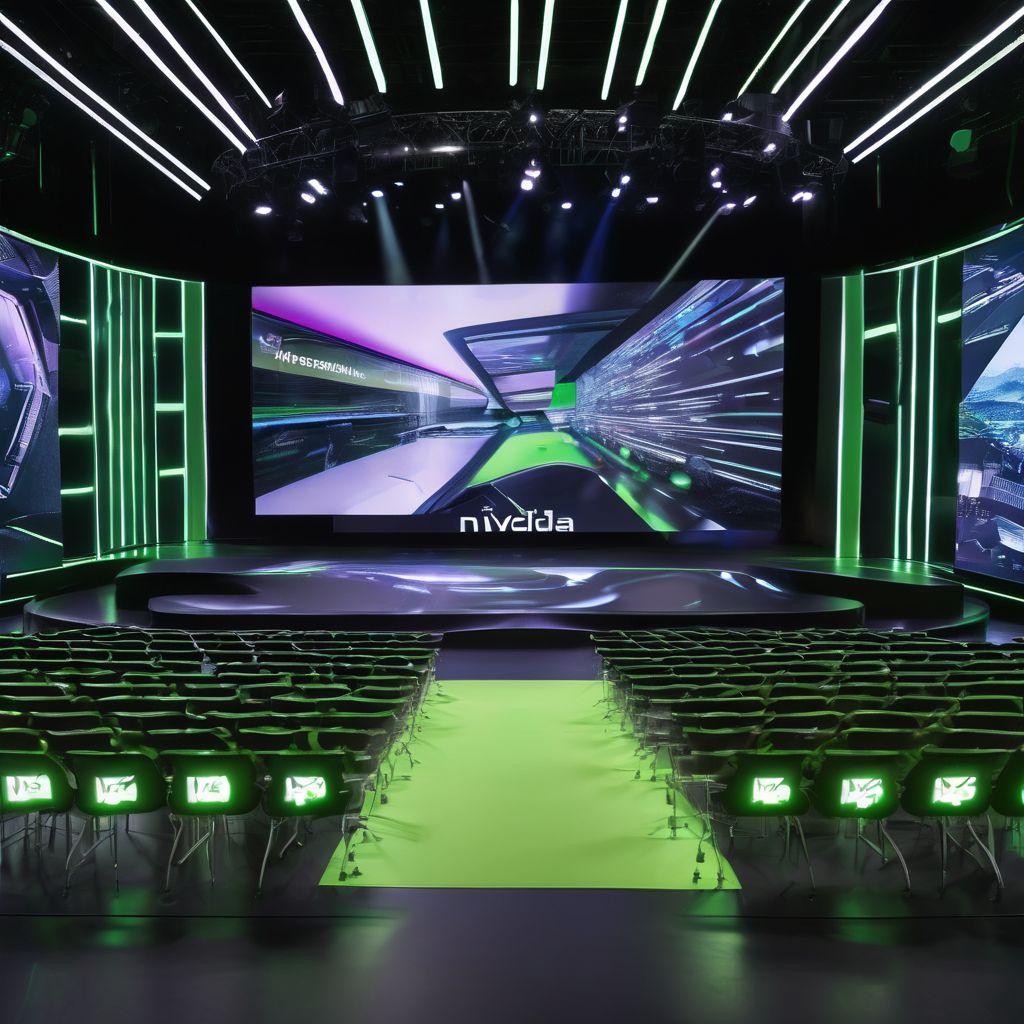
During Nvidia’s GPU Technology Conference (GTC) keynote on October 28, 2025, a disturbing deepfake incident occurred, raising significant concerns about AI misuse and deepfake risks.
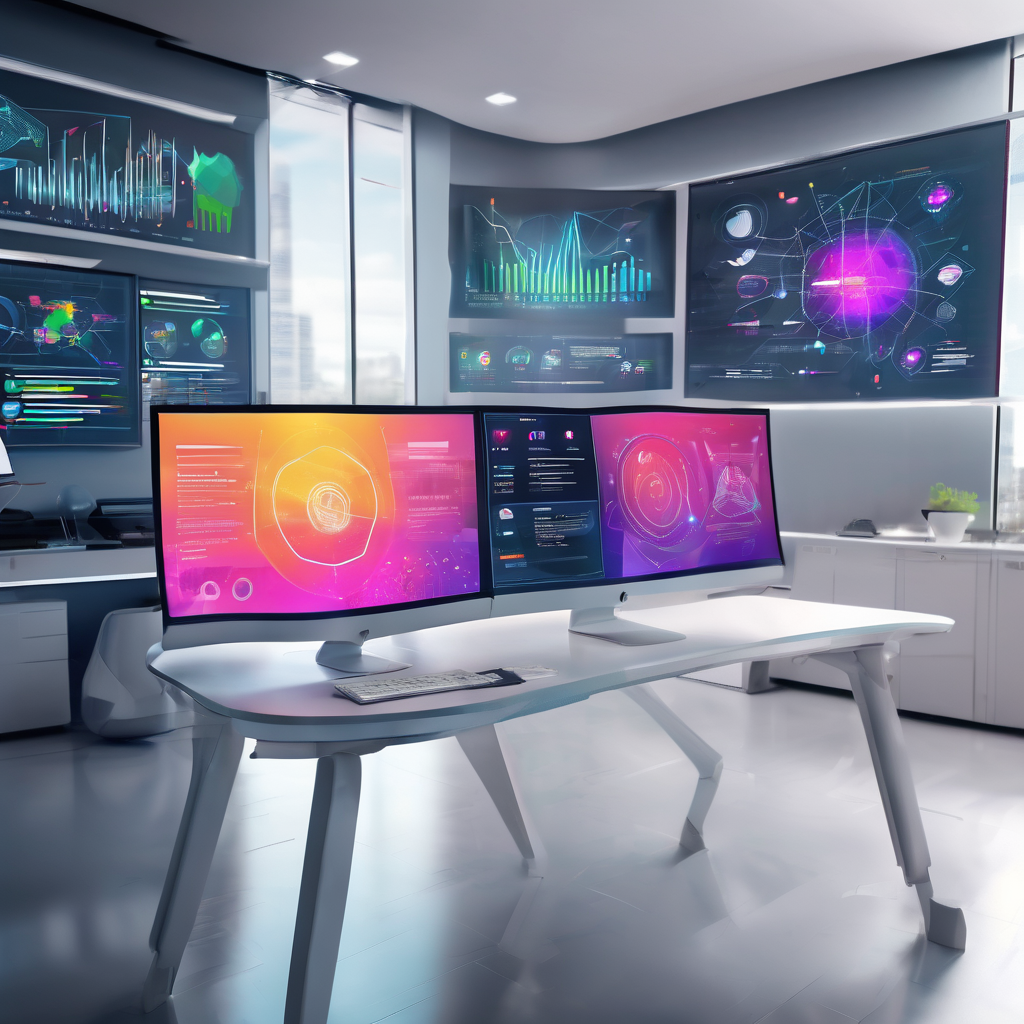
British advertising firm WPP announced on Thursday the launch of a new version of its AI-powered marketing platform, WPP Open Pro.

LeapEngine, a progressive digital marketing agency, has significantly upgraded its full-service offerings by integrating a comprehensive suite of advanced artificial intelligence (AI) tools into its platform.

OpenAI’s latest AI video model, Sora 2, has recently faced substantial legal and ethical challenges following its launch.
Launch your AI-powered team to automate Marketing, Sales & Growth

and get clients on autopilot — from social media and search engines. No ads needed
Begin getting your first leads today